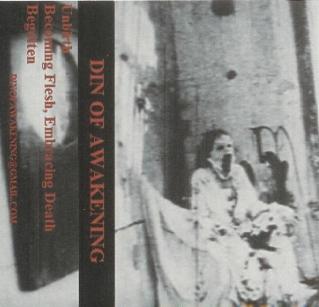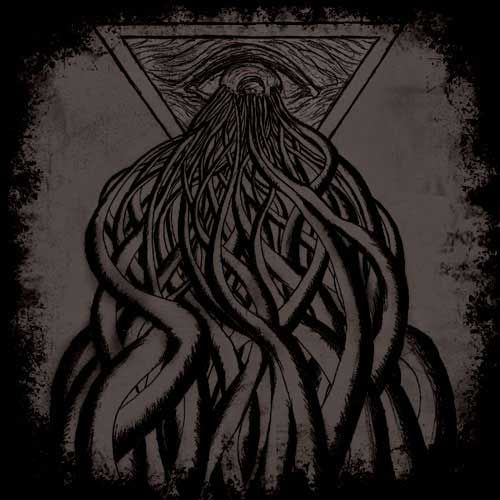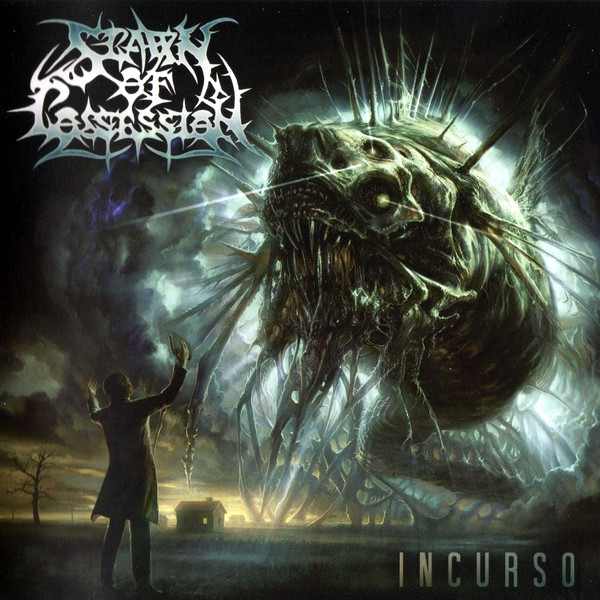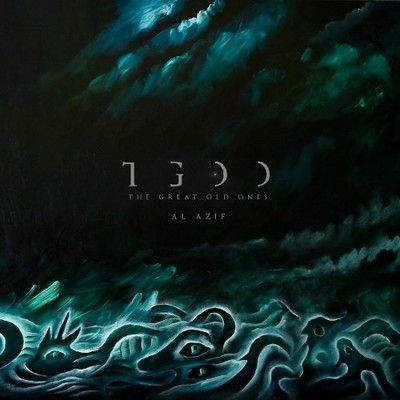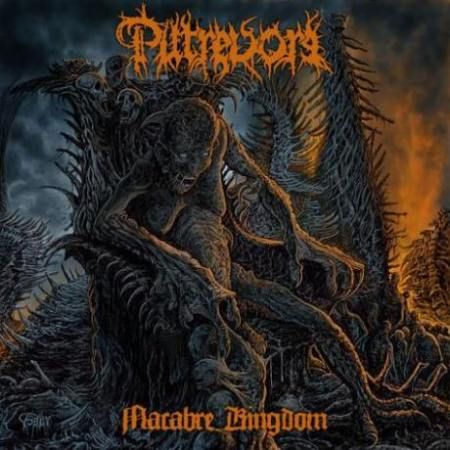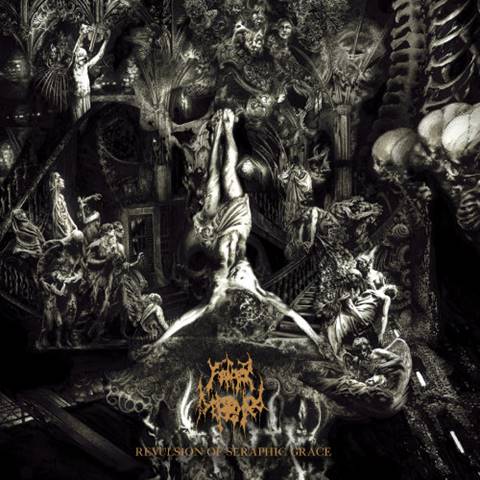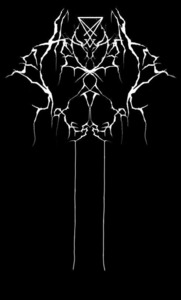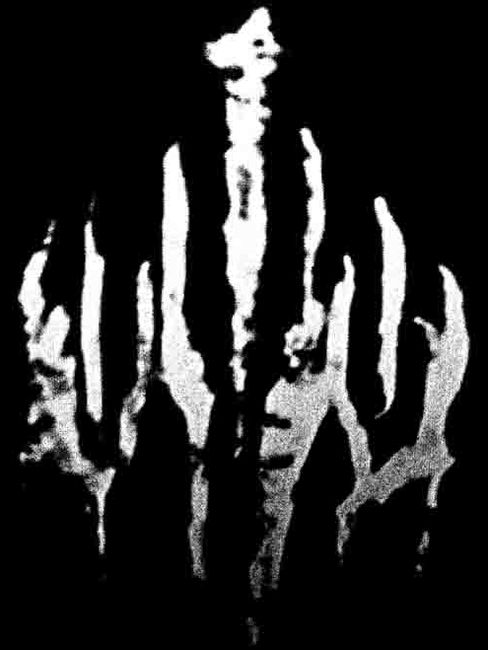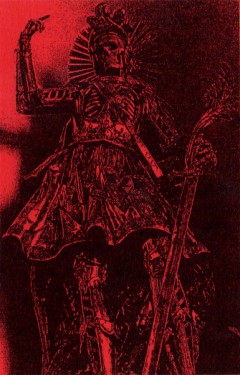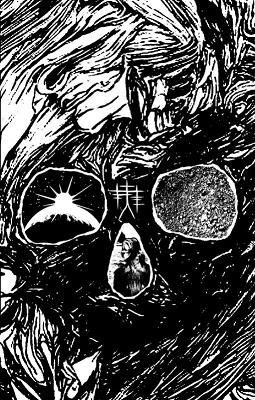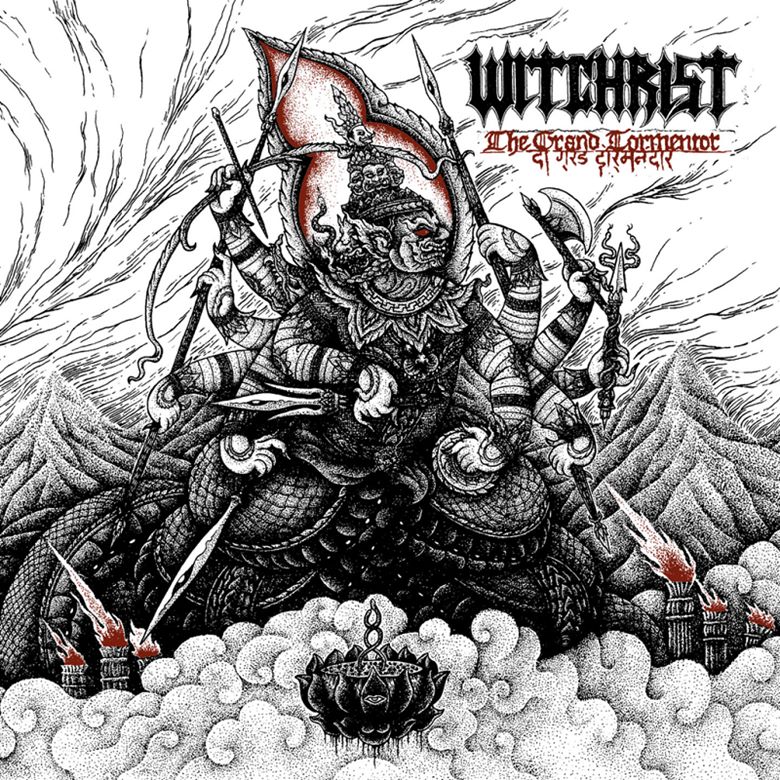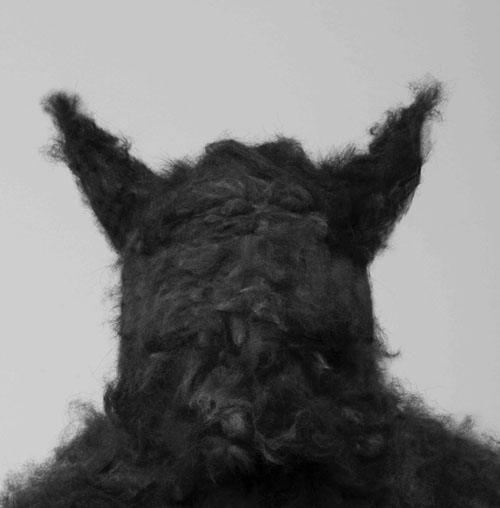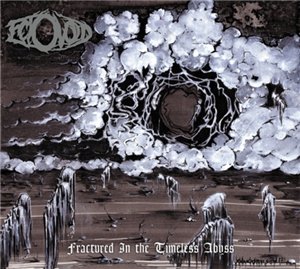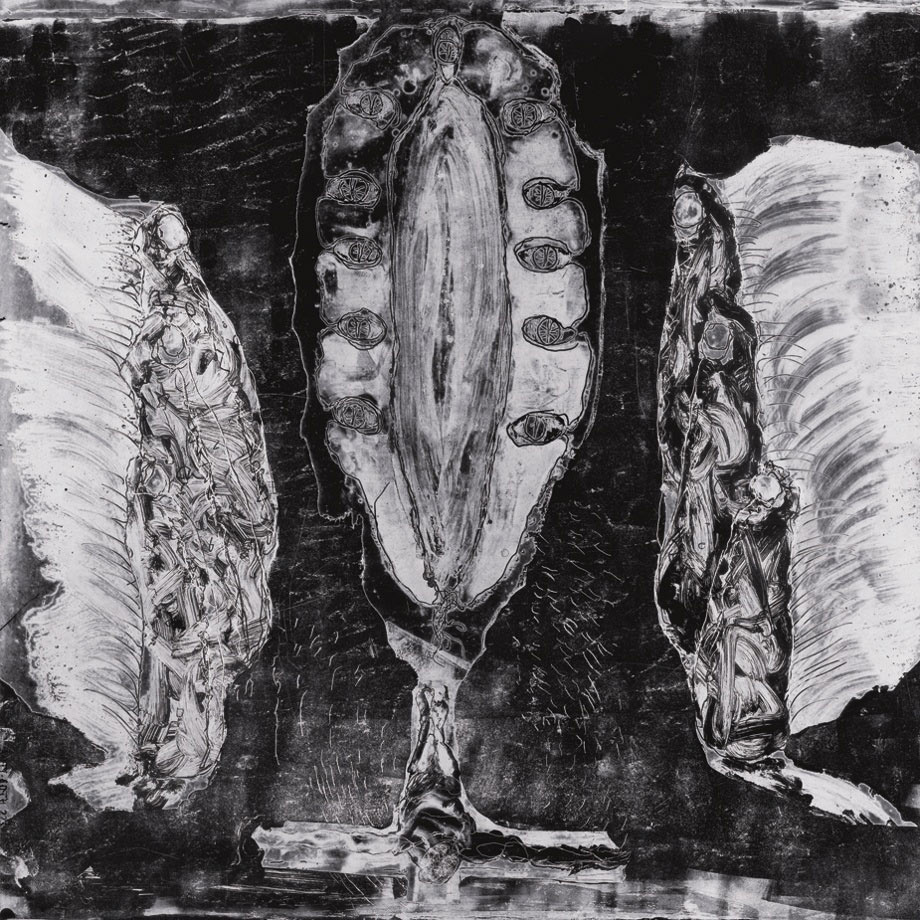Din of Awakening- Din of Awakening
The American Black Metal scene is in the midst of a glorious resurgence, and this reviewer is loving every minute of it.
It's not just this new Atmospheric Black Metal movement(Blackgaze for the haters) or the Black Twilight Circle either. Outside of these two highly publicized and divisive scenes, American Black Metal is a growing movement that is finally starting to take it's (long deserved) place along side it's "vastly superior" European counterparts. No longer is it just a few American acts getting all the love and the rest being swept aside as mere garbage. American Black Metal, particularly the growing number of Raw Black Metal acts, is now a force to be reckoned with, one even the most hardcore of Euro-Elite Black Metal fans can no longer ignore even if they still deride it. This resurgence has had this reviewer scouring the land for fresh new acts ready to make waves in the scene, and Din of Awakening and their new s/t demo were among the purveyors that caught my attention.
Hailing from New York, one of the epicenters of the American Black Metal scene, Din of Awakening are a brand new one man project making raw, doomy Black Metal reminiscent of depressive, atmospheric acts such as Burzum and early Leviathan. Highly minimalistic and suffocatingly raw, Din of Awakening has a few very strong aspects. The vocals are distant and ethereal, yet very powerful and engaging. Michal Vincent's throaty, demonic shriek and instantly brings to mind Varg's best vocal performances, and he effectively throws out some powerful guttural growls from time to time for some needed variety. The vocals are basically intelligible however, which all but defeats the bands goals of Green Anarchism in the lyrics. The guitar tone is also fantastic; drenched in static yet clear enough to come through with power and dissonance. The song-writing is mostly vintage Atmospheric Black Metal, featuring clean interludes and intros along with highly minimalistic song structures and melodic, depressive riffs that while not strikingly original, are competent enough to be enjoyable.
Too bad there just isn't more to enjoy here. Din of Awakening is only three tracks, yet only one really stands out. "Becoming Flesh, Embracing Death" features all the well worn concepts of Atmospheric Black Metal, but is a highly enjoyable track featuring the best clean, melodic interludes on the demo, as well as a killer riff that would do Burzum proud. It's a dynamic track, but the tracks it is sandwiched between are a mixed bag at best. "Unbirth" is almost completely forgettable, coming off as an elongated intro at the very most. The guitar work is fine enough, featuring plenty of depressive melody, but the overall structure is mostly dull and uninspired. It suffers greatly from the unimpressive drum work on the album; it's so minimalist as to be inessential to the tracks, and the sound of the drums(likely a drum machine) is consistently awful throughout the demo. Truth be told, if Vincent had not even bothered with drums on the demo at all it might have been better. "Begotten" is better, featuring some Darkthrone-esque speed and a the most diverse vocal attack with even a bit of a Blackened Death Metal vibe, but it's also on the sloppy side and drags on a bit long near the end with a slow outro that feels inessential, as though it were tacked on to have the track feel more like the two previous songs with their slow, lurching tempos.
I don't want to come off as too harsh here, because Din of Awakening is not a bad demo, and certainly not for the very first release from a very new project. And "Becoming Flesh, Embracing Death" alone makes Din of Awakening worth the listeners time. There is great potential for Din of Awakening to become a better, more engaging project overall, but this s/t demo provides too little value to feel essential to anyone but the most die hard fans of Raw or Atmospheric Black Metal. A solid but unspectacular beginning, with a glimmer of greatness buried just beneath the graveyard soil.
Rating: 6.5/10
It's not just this new Atmospheric Black Metal movement(Blackgaze for the haters) or the Black Twilight Circle either. Outside of these two highly publicized and divisive scenes, American Black Metal is a growing movement that is finally starting to take it's (long deserved) place along side it's "vastly superior" European counterparts. No longer is it just a few American acts getting all the love and the rest being swept aside as mere garbage. American Black Metal, particularly the growing number of Raw Black Metal acts, is now a force to be reckoned with, one even the most hardcore of Euro-Elite Black Metal fans can no longer ignore even if they still deride it. This resurgence has had this reviewer scouring the land for fresh new acts ready to make waves in the scene, and Din of Awakening and their new s/t demo were among the purveyors that caught my attention.
Hailing from New York, one of the epicenters of the American Black Metal scene, Din of Awakening are a brand new one man project making raw, doomy Black Metal reminiscent of depressive, atmospheric acts such as Burzum and early Leviathan. Highly minimalistic and suffocatingly raw, Din of Awakening has a few very strong aspects. The vocals are distant and ethereal, yet very powerful and engaging. Michal Vincent's throaty, demonic shriek and instantly brings to mind Varg's best vocal performances, and he effectively throws out some powerful guttural growls from time to time for some needed variety. The vocals are basically intelligible however, which all but defeats the bands goals of Green Anarchism in the lyrics. The guitar tone is also fantastic; drenched in static yet clear enough to come through with power and dissonance. The song-writing is mostly vintage Atmospheric Black Metal, featuring clean interludes and intros along with highly minimalistic song structures and melodic, depressive riffs that while not strikingly original, are competent enough to be enjoyable.
Too bad there just isn't more to enjoy here. Din of Awakening is only three tracks, yet only one really stands out. "Becoming Flesh, Embracing Death" features all the well worn concepts of Atmospheric Black Metal, but is a highly enjoyable track featuring the best clean, melodic interludes on the demo, as well as a killer riff that would do Burzum proud. It's a dynamic track, but the tracks it is sandwiched between are a mixed bag at best. "Unbirth" is almost completely forgettable, coming off as an elongated intro at the very most. The guitar work is fine enough, featuring plenty of depressive melody, but the overall structure is mostly dull and uninspired. It suffers greatly from the unimpressive drum work on the album; it's so minimalist as to be inessential to the tracks, and the sound of the drums(likely a drum machine) is consistently awful throughout the demo. Truth be told, if Vincent had not even bothered with drums on the demo at all it might have been better. "Begotten" is better, featuring some Darkthrone-esque speed and a the most diverse vocal attack with even a bit of a Blackened Death Metal vibe, but it's also on the sloppy side and drags on a bit long near the end with a slow outro that feels inessential, as though it were tacked on to have the track feel more like the two previous songs with their slow, lurching tempos.
I don't want to come off as too harsh here, because Din of Awakening is not a bad demo, and certainly not for the very first release from a very new project. And "Becoming Flesh, Embracing Death" alone makes Din of Awakening worth the listeners time. There is great potential for Din of Awakening to become a better, more engaging project overall, but this s/t demo provides too little value to feel essential to anyone but the most die hard fans of Raw or Atmospheric Black Metal. A solid but unspectacular beginning, with a glimmer of greatness buried just beneath the graveyard soil.
Rating: 6.5/10

